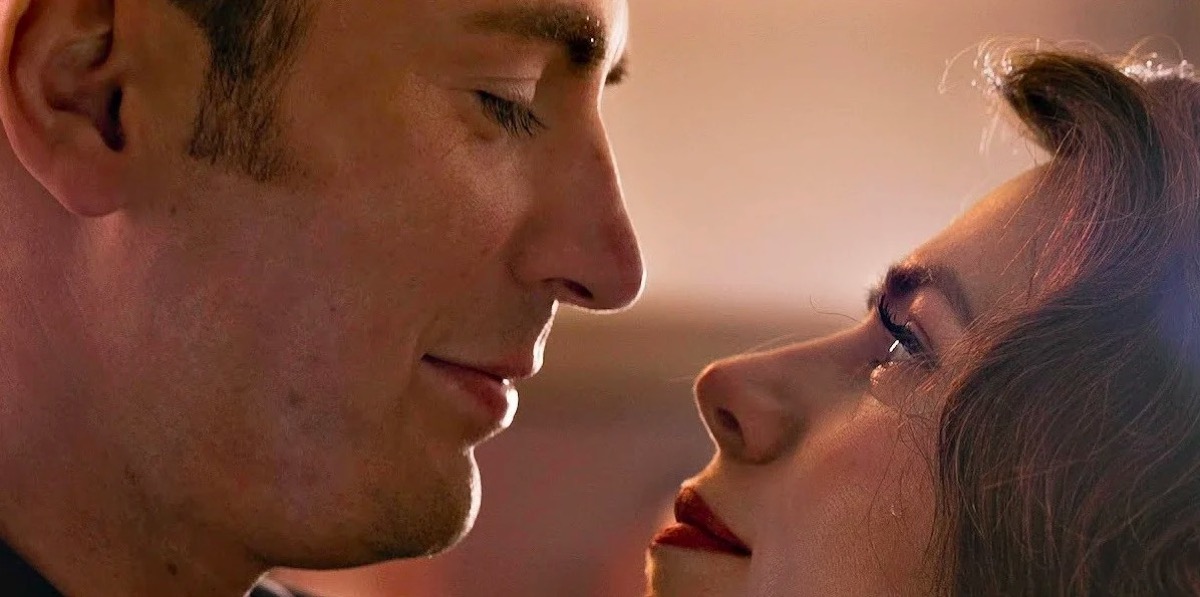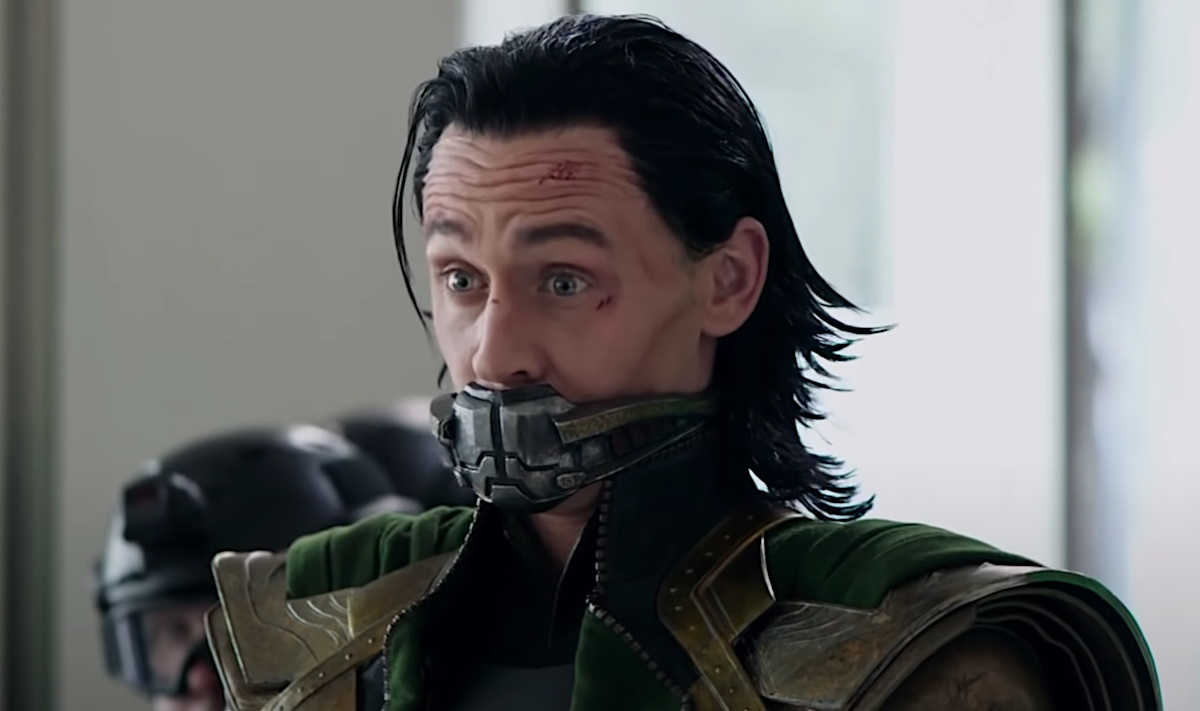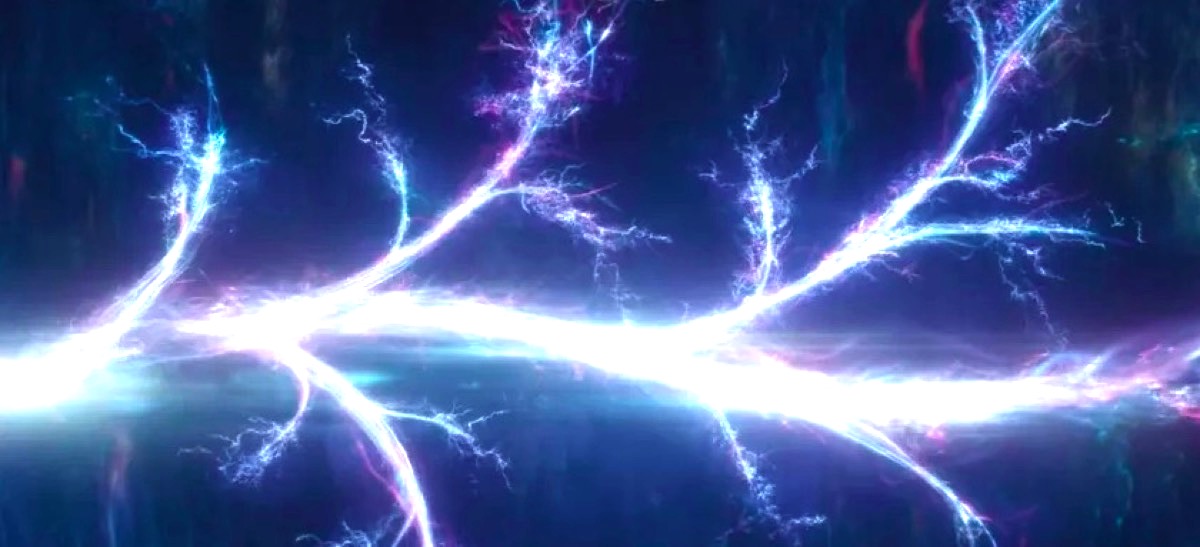So Far, Marvel’s “Phase 4” Is Only Making Captain America’s Avengers: Endgame Ending Worse


Now that we’re nearly a full year into Phase 4 of the Marvel Cinematic Universe, I hope people will be ready to hear me out when I say I hate the ending of Avengers: Endgame. Not since the finale of How I Met Your Mother have I been I so sour on a story conclusion that was meant to be romantic and sweet. I hated it back when it was just a fan theory, I hated seeing it in theaters on that Thursday night in April 2019, and now, three movies, three-and-a-half Disney+ series, and nearly two-and-a-half years later, I perhaps hate it more than ever.
Specifically, I hate that Steve Rogers left his friends and the time in which he’d spent most of his MCU days in favor of returning to the past and living out his life with Peggy Carter. I can easily wave away a lot in this franchise, but this ending being out of place on so many levels is the hill I will die on when it comes to the MCU. And no, it has nothing to do with my personal ship preferences (I like the idea of Steve with a lot of different people, Peggy included), which is everyone’s first assumption whenever someone says they don’t like the ending we got.
If this were just about Steve abandoning his friends, reversing his character development, and possibly contradicting the time travel rules established in Endgame, I wouldn’t still be talking about this ending in 2021. I’d still hate it, but I wouldn’t still be writing think pieces on it. But no, because, as I knew it would as soon as I saw it, Steve’s fate in Endgame continues to have … contradictory and, at times, uncomfortable implications in Phase 4. What I didn’t know was just how big of an elephant in the room it would be, and on how many levels.
The Falcon and the Winter Soldier was always going to have Steve’s decision in Endgame hanging over it because of who its central characters are. The show skirts the subject of what happened to Steve after Endgame—or even if Sam is aware of where/when he went—by making some jokes about him going to the Moon and leaving it at that, only mentioning him sparingly. This series clearly wants to move on from Steve Rogers but it can’t because its very premise is all about the consequences of his actions in Endgame, passing the Captain America shield to Sam Wilson and leaving Bucky Barnes the only “man out of time” (and one of the few super-soldiers) in the present-day MCU before seemingly exiting their lives for good.
What makes for peak awkwardness is how, during the discussions of racism, particularly what happened to Isaiah Bradley in the 1950s, we as the audience have to watch with the knowledge that Steve decided that was a better time in which to live than the modern day. But other than a brief “how could we?” acknowledgement from Bucky that he and Steve would never be able to truly understand the weight of a Black man holding Captain America’s shield, this is entirely swept under the rug.
Loki (and perhaps What If…? to a lesser extent) also had some explaining to do because of their importance of timeline rules. But Loki somehow makes Steve’s decision to live in the past with Peggy even more confusing; now it’s not just a matter of whether Steve lived in the main timeline or a separate one, but whether his choice to do so was “permitted” by the TVA or if his new timeline got pruned. Steve going back in the main timeline would have surely caused a Nexus event, so he most likely created a new one. Either way, he probably would have been pruned, but if that happened, who gave Sam the shield? Or did this all occur after Sylvie allowed the timelines to branch freely?
It’s a big question left uncharacteristically open by a show that goes to great lengths to explain so many things, including how Endgame’s Time Heist was permitted to occur to begin with, and it’s this particular explanation that leaves how Steve’s decision fits into all of this begging for an answer even harder.

Perhaps the most contradictory and frustrating element of Phase 4 in relation to Endgame, so far, is how one of its central themes sends a message opposite of what that movie told us. Wanda in WandaVision, Wenwu in Shang-Chi and the Legend of the Ten Rings, and Doctor Strange in the fourth episode of What If…? all had to learn the hard way that trying to revive and reunite with your dead lover by any means necessary will inevitably cause harm to many others in the long run.
It’s a message that manages to gel with most of Endgame (such as how the Avengers explicitly made sure that the return of those who were snapped didn’t replace those who were born during the five years between then and the present, and even then, there were consequences for their actions) but definitely not that ending.
As far as we the audience know, Steve Rogers is off living his life in domestic bliss with the woman whose funeral he attended while living in modern times, while Wanda, Wenwu, and Strange must face serious repercussions for attempting to bring their significant others back to life. The best argument most defenders of Endgame’s conclusion seem to have for this is that “Steve deserved his happiness!” as if the others weren’t as deserving of theirs.
Okay, Wenwu probably didn’t and maybe not Strange, either, but Wanda had already suffered a ton prior to losing Vision and still helped save the world, knowing it wouldn’t bring back him, her brother, or her parents. If anyone deserves happiness, it’s her.
But the point is just because someone deserves something, it doesn’t mean they can or should get it. It’s hard to watch the moments of poignance in which these characters realize their actions are a big mistake without thinking of how Steve essentially did the same thing and supposedly got off scot-free.
“Supposedly.” That’s the reason why Steve’s Endgame conclusion continues to be an elephant in the room after all this time. Regardless of whether you consider it a good ending to his character arc (I personally do not), it’s never been explained thoroughly enough for it to make sense within the logic of what the rest of the MCU has presented to us.

The writing and directing duos of the movie each had a different idea of what happened (writers Christopher Markus and Stephen McFeely like to think Steve stayed in the main timeline, while directors Anthony and Joe Russo have said he created a branched one), but now, as WandaVision director Matt Shakman puts it, the baton is “getting passed to” other creators … and they don’t seem to have a solid idea of what’s going on with that, either.
It’s honestly such a cop out that neither the creative team for The Falcon and the Winter Soldier nor Loki (and probably not What If…? either) took it upon themselves to even try to reconcile Endgame’s conclusion with their own events and rules (in canon, at least). It’s possibly because they fear ruining the “magic” of one of the highest-grossing films of all time, but that didn’t stop Falcon from showing how the return of everyone who got blipped caused more complications than the movie would have led the audience to believe, or how Loki unceremoniously stripped the Infinity Stones of much of their gravitas moving forward.
There’s something about that final moment of Endgame that Marvel Studios seems almost afraid to address. Right now, it seems like their plan is to essentially ignore it in canon and treat it as a sort of exception to the “rules” in interviews. Though, I suppose this is better than the alternative of constant attempts to rationalize it in canon; imagine if The Falcon and the Winter Soldier tried to make an excuse for Steve going back to a time when things were even more racist in America than they are today? Yikes.
Marvel is often credited for having many of their new movies “improve” their older ones (like how Avengers: Infinity War and Endgame supposedly make Age of Ultron a better film because they serve as the payoff to what that film set up). But I think Phase 4 is doing the opposite for Endgame, or at least Steve’s ending (which, may I remind you, I never even liked to begin with).
It almost feels like those in charge of Marvel’s latest output are trying to pretend that Steve’s ending didn’t happen, and while I would love to be able to do that, the fact is that it did, and since this is a franchise so well known for its tight long-form storytelling and continuity, someone needs to step up to the plate and provide a proper in-canon explanation for how all of the social commentary and timeline rules we’ve seen in Phase 4 so far line up with what we were shown at the conclusion of Endgame.
And also, maybe it’d be for the best that Marvel Studios retire the “bring back your lost love” storylines, at least until they find a way to reconcile all the cautionary tales with Steve’s “happily ever after.”
(images: Marvel Entertainment)
Want more stories like this? Become a subscriber and support the site!
—The Mary Sue has a strict comment policy that forbids, but is not limited to, personal insults toward anyone, hate speech, and trolling.—
Have a tip we should know? [email protected]
